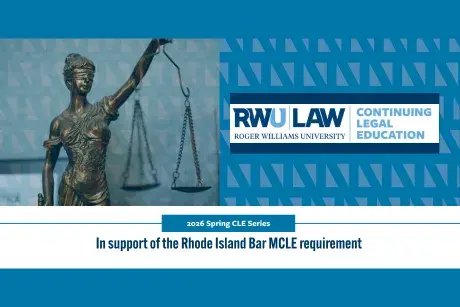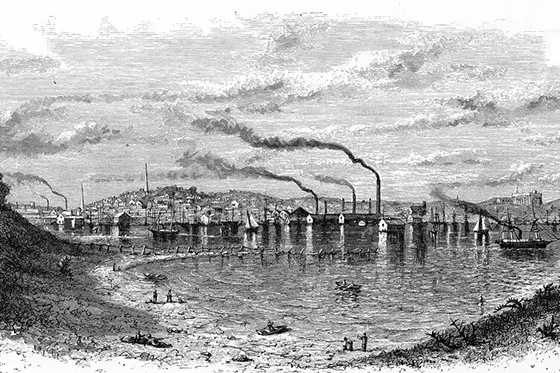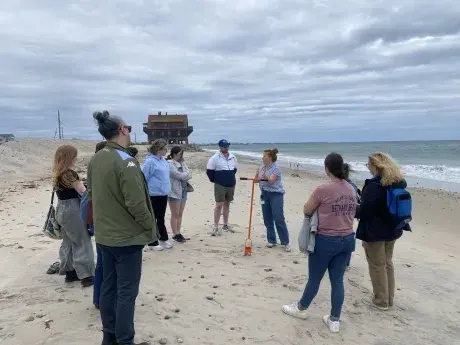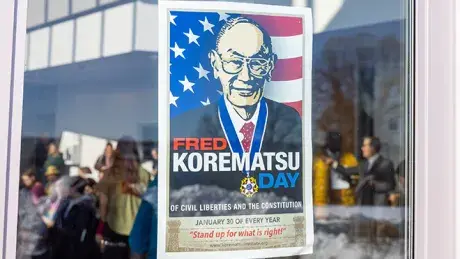
Expanding Access and Equity: RWU Law’s CLE Series Supports Rhode Island Attorneys
RWU Law has launched a new online Continuing Legal Education series designed not only to meet Rhode Island’s evolving CLE requirements for attorneys, but to serve as a resource for lawyers across the state. This mission-driven initiative reflects the law school’s broader commitment to public service and legal education, not only for students and alumni, but for the legal community.









